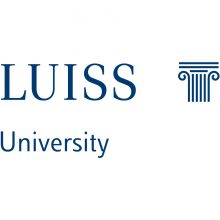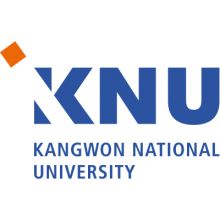关于 Tokyo University of Science
In 1881, 21 young physicists founded The Tokyo Academy of Physics under the principal aim of "building a better future with science’. These 21 physicists, who later became known as the “sustaining” teachers, were devoted to pursuing science at a time when Japanese society was undergoing fundamental changes as the nation moved away from feudalism and toward a democratic future.
The principle of Building a Better Future with Science remains central to the university’s philosophy and the institution remains keen to ensure that younger generations are educated and nurtured in order to take responsibility for Japan’s future. TUS research has produced initiatives that have been adopted by a number of Japanese government departments.
It was not until 1949 that Tokyo University of Science (TUS) attained university status and adopted the name it still uses today as one of Japan’s largest private comprehensive science and technology university.
For undergraduates TUS has eight faculties that are split into 33 departments, while there are 31 graduate departments covered by 11 graduate schools. The four campuses that make up TUS are located in Tokyo and the surrounding towns, while two sister universities have been established in Suwa and Yamaguchi.
TUS also offer impressive language programs with cities including Manchester, Sydney and Toronto and while it is a highly selective institution there are a number of scholarships and financial aid options available to students.
Tokyo University of Science Alumni Association, known as “Risoukai”, includes Nobel Prize-winning biochemist Satoshi Omura as well as former Boeing CEO, Philip M. Condit.
Tokyo University of Science 的排名数据分析
对比大学重要统计数据
关键统计数据
- 4%国际学生比例(1)
- 23.7每位教职员对学生数量(1)
- 25 : 75女生对男生的学生比例(1)
- 25%Proportion of ISR Publications(1)
- 17,783Number of FTE Students(1)
- ¥2,051Finance per Student (¥000s)(2)
Tokyo University of Science 的授予学科
Clinical, pre-clinical & health
- Other Health
Engineering & technology
- Electrical & Electronic Engineering
- Chemical Engineering
- Civil Engineering
- General Engineering
- Mechanical & Aerospace Engineering
Business & economics
- Business & Management
- Accounting & Finance
- Economics & Econometrics
Arts & humanities
- Architecture
Physical sciences
- Chemistry
- Physics & Astronomy
- Mathematics & Statistics
- Geology, Environmental, Earth & Marine Sciences
Computer science
- Computer Science
Life sciences
- Biological Sciences









